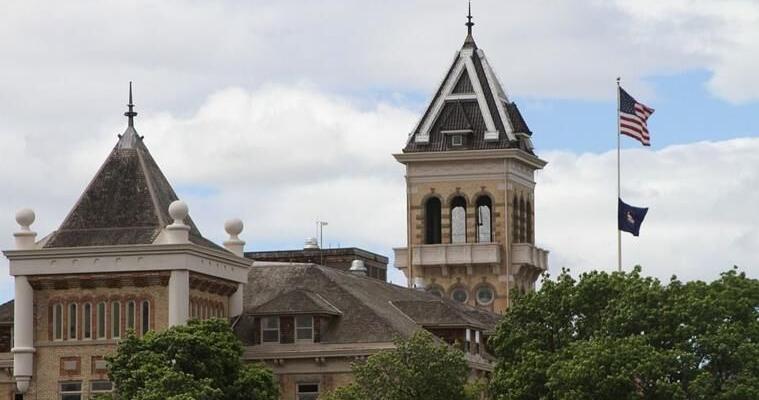LOGAN — Utah State University released the next steps in the process for its budget cuts and reallocation, which will inevitably involve layoffs.
Interim President Al Smith acknowledged the concern many had about the current higher education financial challenges and what it means to its employees and also noted there is no easy solution.
“There will be no way to avoid job cuts — personnel are the primary cost of an institution like ours,” Smith wrote in an email that went out to USU employees on March 31.
USU is facing $4.8 million in budget cuts from last year’s legislation as well as addressing the $12.5 million financial impact from this year’s legislation in HB 265: Higher Education Strategic Reinvestment. If its proposal for how to reallocate the $12.5 million is accepted by USHE, USU will recover the money over the next three years, as long as it is spent as proposed.
Smith said employees will receive updates in the coming weeks via email and on its reinvestment planning website about changes to administrative, operational, and structural parts of the university. That will be followed by information on programs that will end or be modified.
The university now has guidance from Utah System of Higher Education (USHE) on how to proceed, as well as a shorter deadline to work with. Initially, the deadline for USU to submit its reinvestment plan to USHE was in June. It is now in early May.
“Please be assured that our process continues to be iterative, context-seeking, and evolving as we receive feedback from you, the college deans, and others,” Smith said. “USHE also expects that our plans will be living documents that may evolve over the coming three-year implementation of HB 265. Nonetheless, our process must now lead to concrete decisions.”
Faculty and staff were also reminded of the option to apply for the Voluntary Separation Incentive Plan (VSIP), which is available until May 2.
While there is no guarantee of approval for all VSIP applications, Smith said they will be approved if it aligns with “USU’s strategic interests and if business continuity can be maintained through adjustments and efficiencies within the unit.”
He also noted that under HB 265, USU may adopt new policies that override others in order to achieve the goal of the legislation. Which means existing policies tied to tenured roles, curricular changes and other areas will not be applied when implementing its reinvestment plan.
“I share this here so that you are fully informed as you consider possible changes to your work, the VSIP opportunity, and other implications of the changes before us,” Smith said.

